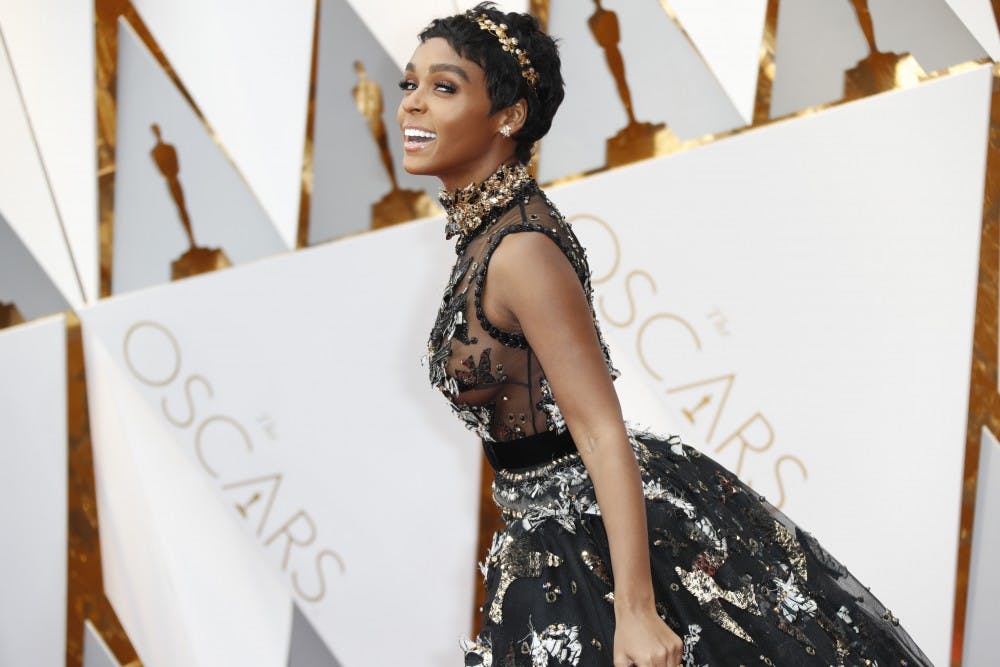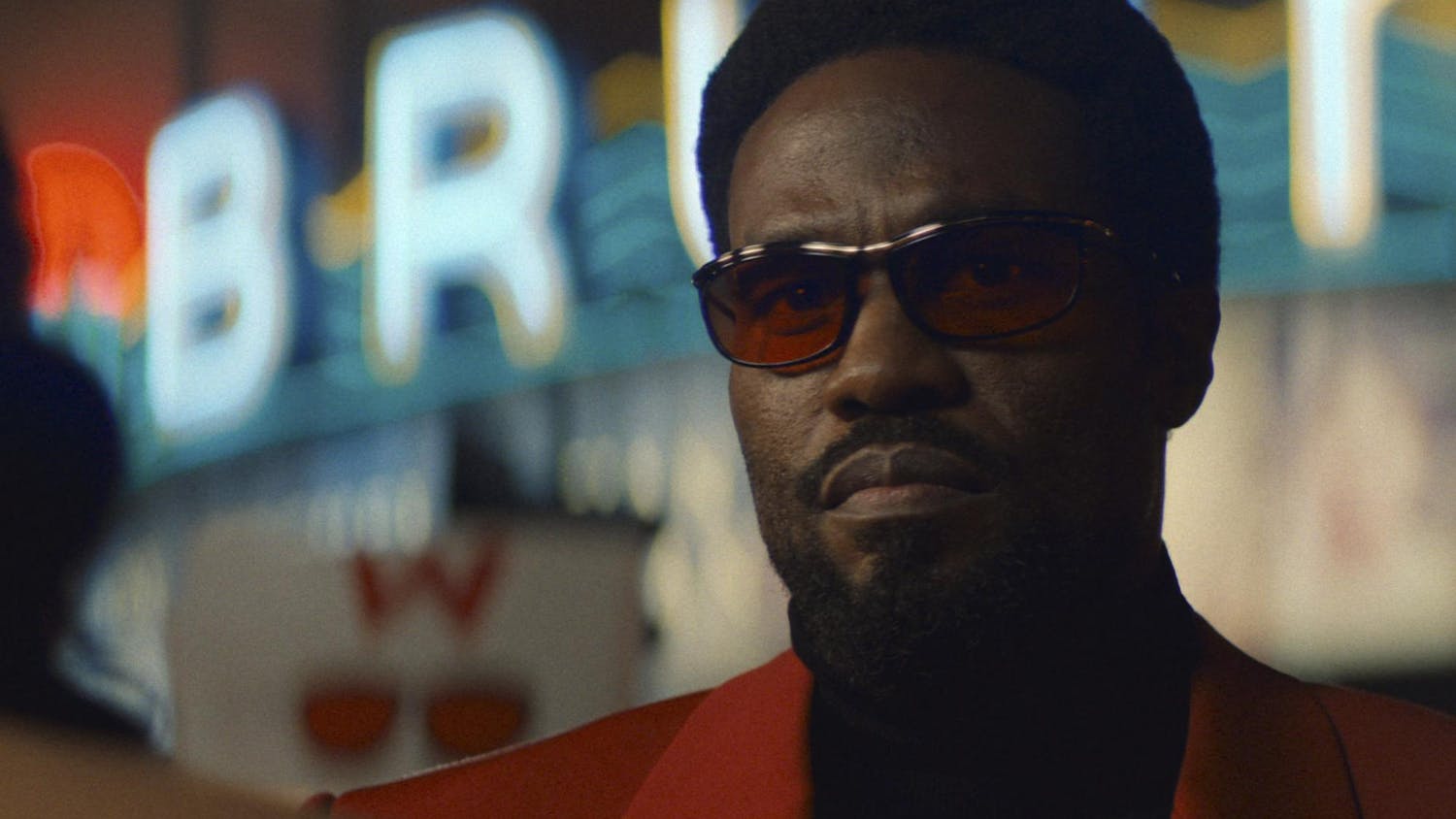Two years after her role in "Moonlight," Janelle Monáe returned to film with a project all her own: the dazzling visual album, or emotion picture as she calls it, "Dirty Computer."
As if starring in a Oscar-winning film – and giving an exceptional performance to boot – wasn’t enough of a cinematic achievement, the now on tour Monáe released the visual album in April.
Both an album and a pop-art sci-fi flick spanning a selection of songs from the album, “Dirty Computer” loosely follows the tribulations of a woman named Jane 57821 in a dystopian future that echoes the gloomy noir of “Blade Runner” and the neon flair of “Tron: Legacy.”
At the picture’s outset, we’re told that this oppressive dystopia has begun labeling its citizens “computers,” designating the different and the outcasts as “dirty” and in need of cleansing, to put it nicely; brainwashing to be blunt.
Hence the album’s title and its melodic first track: “Dirty Computer.”
Monáe is no stranger to the long-running canon of science fiction. She sang as the android Cindi Mayweather in her trilogy of concept albums – “Metropolis,” “The ArchAndroid” and “The Electric Lady” – a saga that chronicled otherworldly tales of oppression and forbidden love.
Though Monáe didn’t publicly come out as queer until this summer, her music has always been steeped in ideas of identity politics and oppression, ideas that remain at the forefront of her bold and electrifying new release.
“There's an interconnectedness that I wanted to be at the center of this project: I'm a black woman, but I still understand your pain and how you feel as someone who has felt pushed to the margins of society because of where they come from,” the songstress said in an interview with Billboard.
Her inspirations have also always been decidedly cinematic. “Metropolis” itself was an allusion to the classic science fiction film of the same name, and “Dirty Computer” recalls the structure and sensibilities of “Eternal Sunshine of the Spotless Mind” as it follows the erasing of Monáe’s character’s memories because of an illicit lesbian love affair.
The meat of the narrative revolves around the imprisonment and cleaning of the character, but each memory – revisited in succession – is a music video for one of the album’s songs; colorful, sexy and jazzed up on rebellion.
Through those music videos we learn of Jane’s rebellious, carefree lifestyle and the budding romance she shares with Zen, played by Tessa Thompson, but they also serve to explore Monáe’s values and preoccupations in bursts of vivid color and emotion.
The visual pallet of these lavishly produced, sci-fi-drenched music videos recalls the Afrofuturism of this year’s “Black Panther,” but Monáe, herself a proud intersectional feminist, has also carved out fascinating visual representations of femininity and queer identities.
In “Pynk,” a minimalist pop collaboaration with indie artist Grimes, she sings a sultry ode to femininity and queer love. The accompanying visuals, which of course make poetic and splendorous use of the color pink, are titillating and equally provocative. Monáe and her backup dancers don sort-of-famous pants shaped like enormous vaginas, enabling their bizarre dance choreography to play with ideas of (cis) femininity and lesbian love in visually playful ways.
In “Django Jane,” arguably a standout of the album and the film, Monáe dons lavish regalia and raps from a throne. It’s a move that could easily have felt self-aggrandizing, but Monáe’s verses boast from the perspective of an omnipotent black excellence, raising up the achievements of an entire culture in the same gas-up way rappers like Nicki Minaj and Cardi B spit bars about their own “excellence.”
At roughly 45 minutes, Monáe’s film is breezy and concise, though it’s also at times a disservice to the full album in that it excises some of the more musically diverse tracks. It’s clear why she’s removed the slower and more contemplative pieces from the latter half of the album rather than the spunky, fun bangers, and the album feels like an achievement merely in that it exists.
Regardless of quality, this is a singular work and a remarkable reclamation of science fiction tropes and landmarks for a queer, black, feminist eye.




